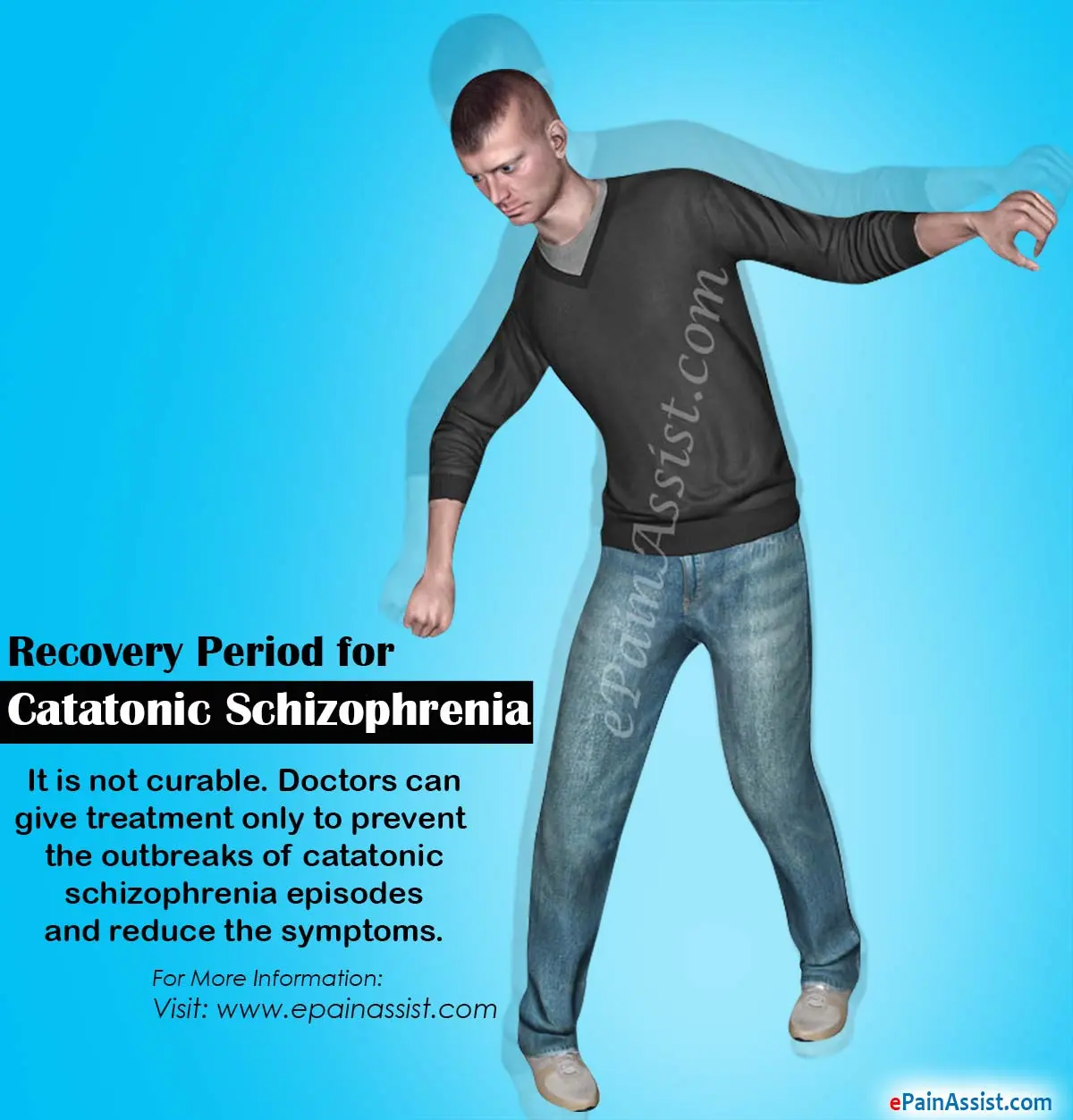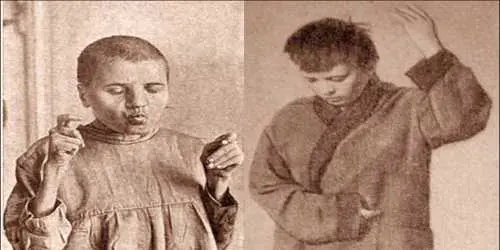Can Catatonia be Cured?
Sometimes
Outcomes depend on the underlying psychiatric condition; catatonia may be reversible with appropriate treatment

What is Catatonia?
Catatonia is a neuropsychiatric syndrome characterized by abnormal motor behaviors, such as immobility or repetitive movements. It can be associated with various mental health disorders. Treatment involves addressing the underlying cause, and medications may be used.

Clinical Aspects

Characteristics
Psychomotor disturbance characterized by lack of movement or excessive movement, often associated with psychiatric conditions

Symptoms
Immobility, stupor, rigidity, repetitive movements

Diagnosis
Clinical evaluation, psychiatric assessment, sometimes imaging studies

Prognosis
Variable, depends on the underlying cause and response to treatment

Complications
Impaired function, complications related to underlying conditions
Etiology and Treatment

Causes
Associated with psychiatric disorders such as schizophrenia or mood disorders

Treatments
Treatment of underlying psychiatric disorder, sometimes medications (such as benzodiazepines or electroconvulsive therapy)

Prevention
Treatment of underlying psychiatric disorder, sometimes medications (such as benzodiazepines or electroconvulsive therapy)
Public Health and Patient Perspectives

Epidemiology
Psychomotor syndrome characterized by immobility, mutism, and other features

Patient Perspectives
Management of underlying conditions, supportive care
This information is for general understanding and is not a substitute for professional medical advice. Always consult with healthcare providers for accurate and personalized information related to your health.
Share: